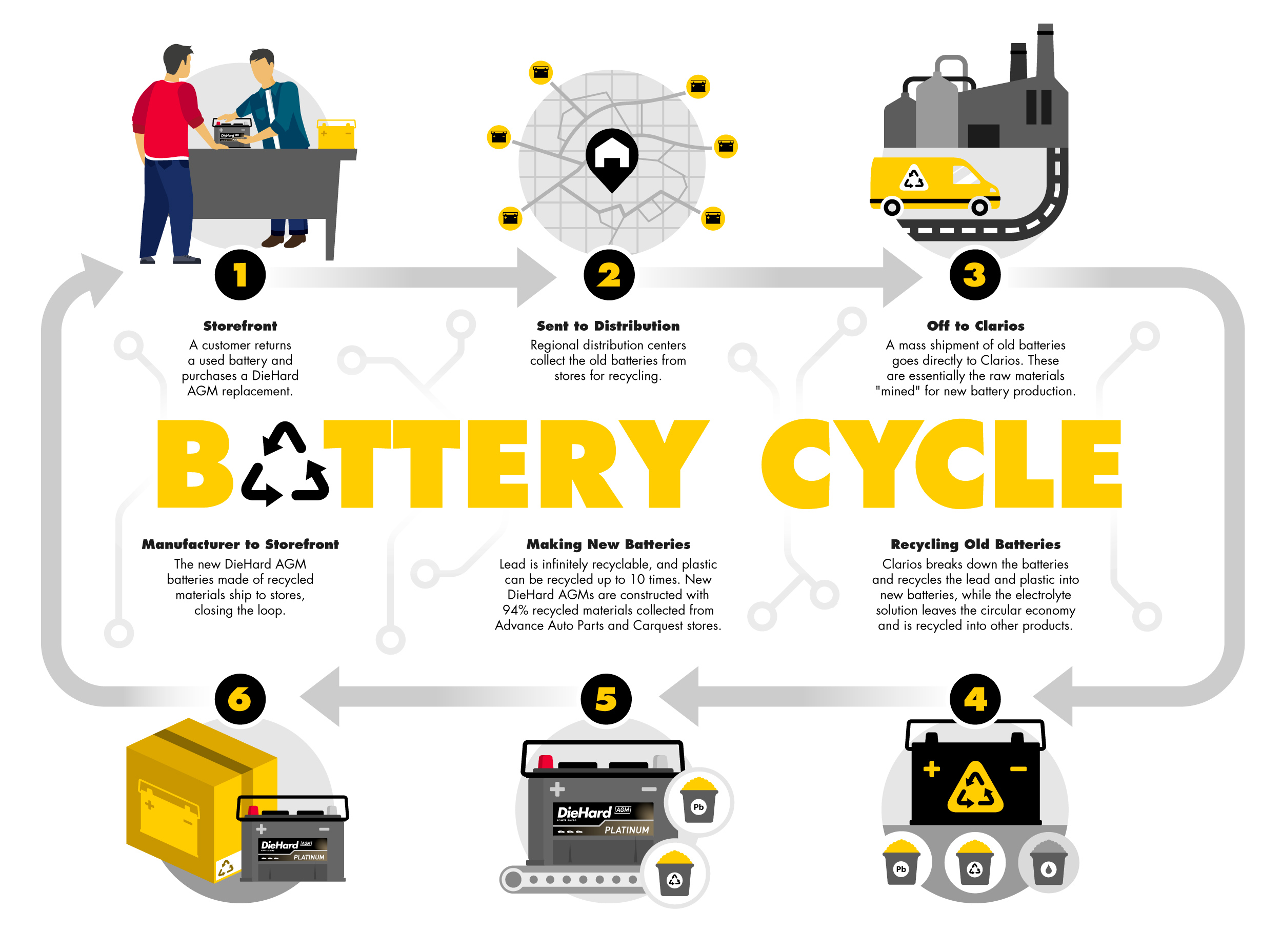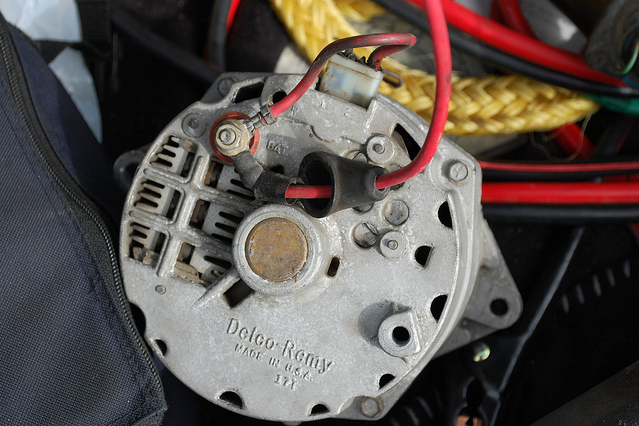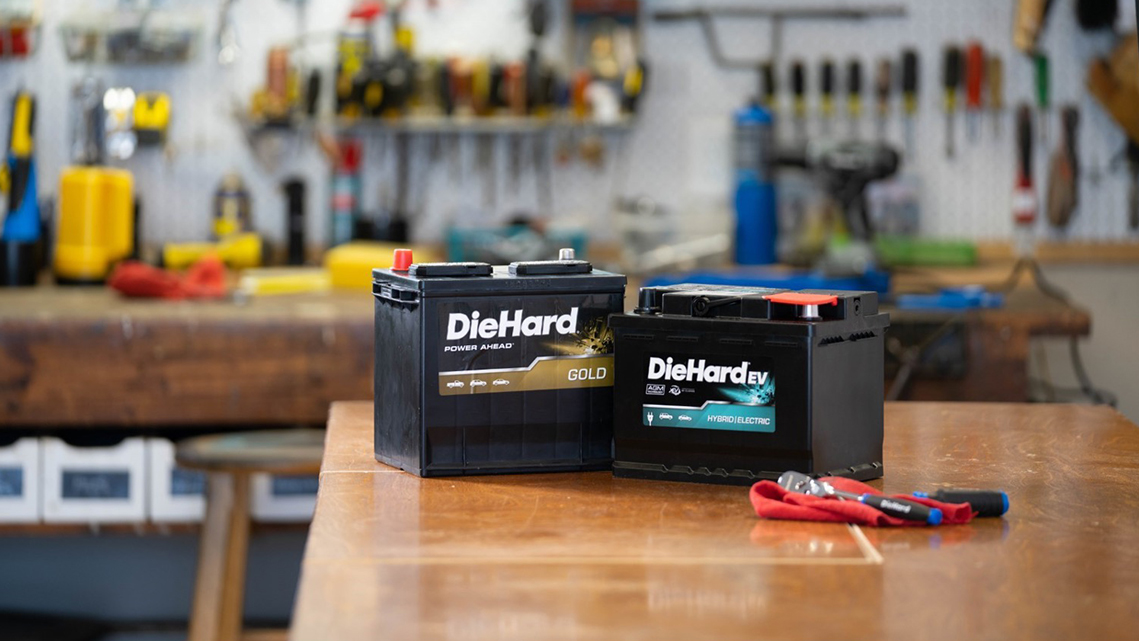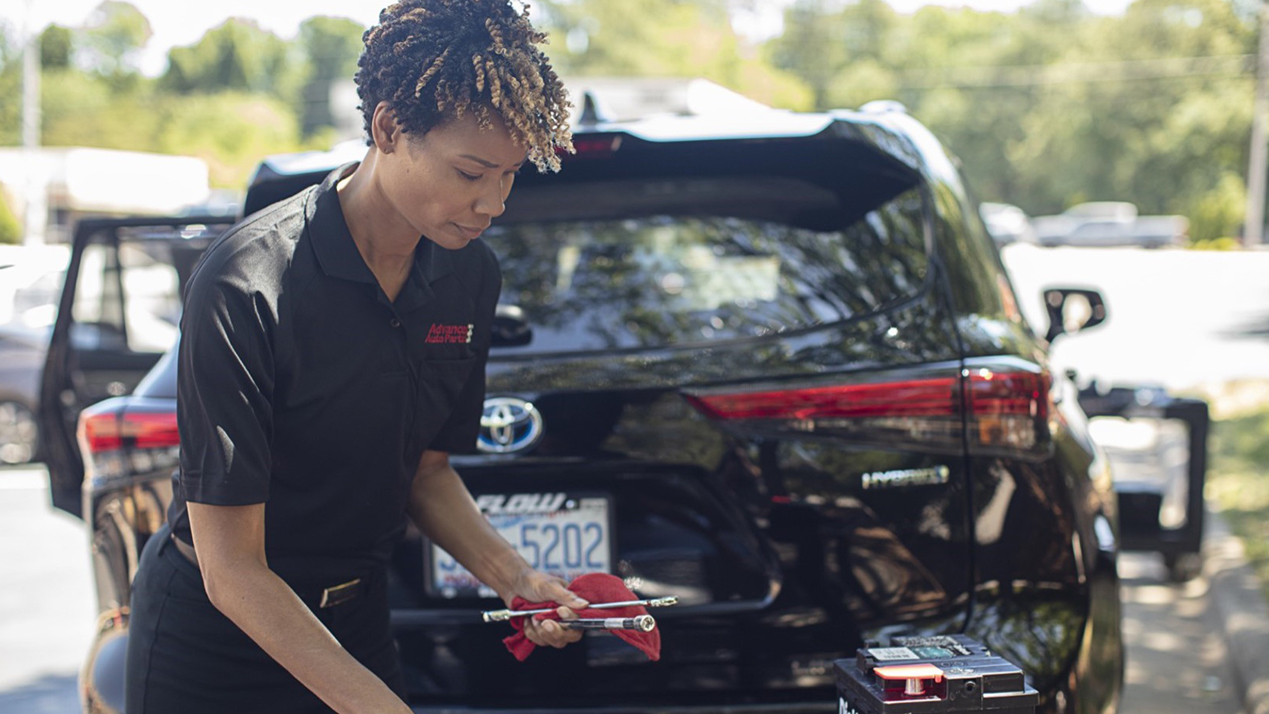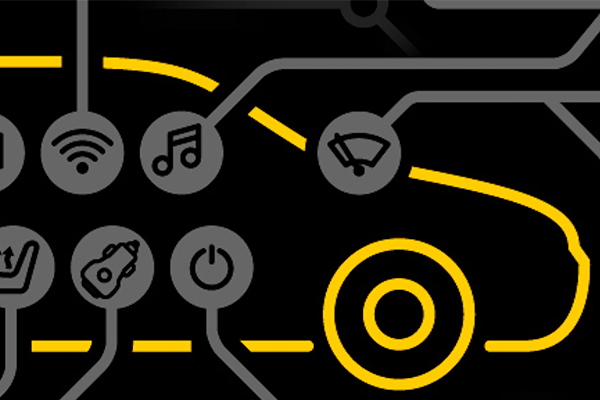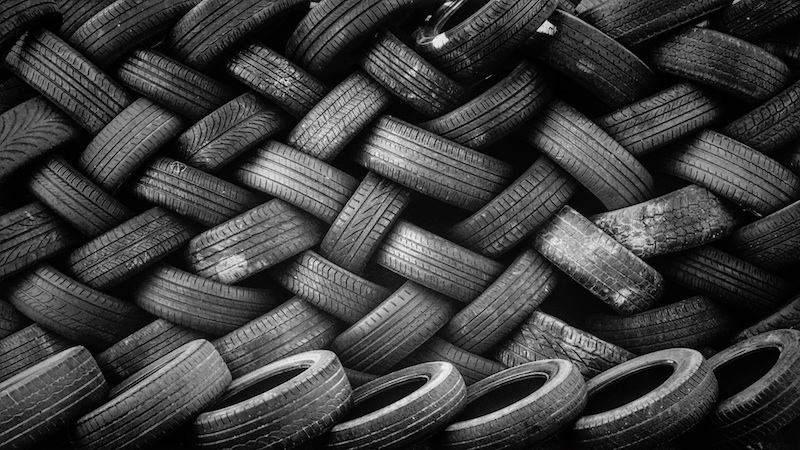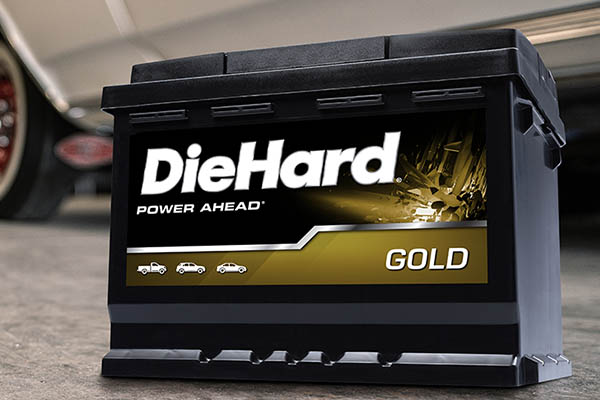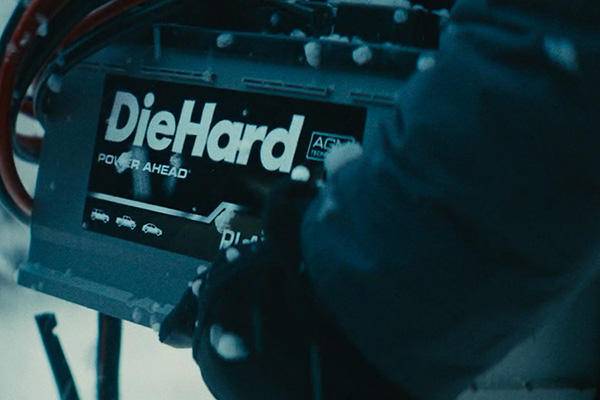Any discussion of automotive batteries usually brings up an ill-informed comment of "What about the toxic batteries that end up in a landfill?" That's not the real story.
DieHard announced they have the world's first automotive battery to receive circular economy validation from an independent lab, with new batteries manufactured from 94% recycled materials. They might want to change the name to RecycleHard.

Recycled battery | Getty
Why There Is A Need To Go Green
There are an estimated 287 million registered vehicles on the road in the US. That's a huge number — and doesn't include race cars, off-road vehicles and projects sitting on blocks in the backyard that owners are “going to get to someday." A ton of cars means a lot of resources needed to construct those vehicles, including the batteries.
Some might think that battery pollution would be a massive concern, but fortunately, an estimated 100 million 12-volt batteries are turned in for recycling every year. In fact, batteries are the number-one most recycled consumer product on the market. But that isn't enough anymore.
“The conversation has gone way beyond recycling," said Micah Thompson, Director of Sustainability at Advance Auto Parts. He recalled his son's shoes having a label stating “50% recycled content," but there was no proof.
“It's nice that you're making a claim of sustainable products, but do you have any proof, a certification or validation on that?" asked Thompson.
Advance Auto Parts has a huge recycling claim, backed up by a third party — DieHard AGM batteries earned the world's first circular economy UL certification from an independent laboratory.
“UL is a third-party auditor that's been around for over a hundred years," said Thompson. "They validate using science-based techniques to verify if your claims are true."
According to UL 2809 environmental claim validation website: "Recycled Content Validation authenticates the post-consumer, pre-consumer (post-industrial), closed-loop or total recycled content of your products, providing third-party validation that they are as green as they say they are."
A circular economy is an approach to economic growth and resource use designed to benefit businesses, customers, society and the environment. It's battery sustainability. Applied to DieHard, a circular economy means everyone wins.
What is a Closed-Loop Circular Economy?
Usually, a product life cycle begins with extracting raw materials — mining lead from the ground, for example. Then there's the production process where the item is built and sold, a consumer that buys and uses the product, and then at the end of its life, the product is discarded, usually in a landfill. This is a resource- and pollution-heavy one-way life cycle. A circular economy is entirely different.
“Each Advance Auto Parts store is like its own little 'mine,'" explained Thompson. “So they're mining resources, not out of the ground, but actually out of our stores.
Thompson said the collected lead-acid batteries are shipped back to a distribution center, which then puts all the batteries on a trailer. From there, they go to a Clarios reclamation facility.
“What they do is separate the two main components: lead and plastic," Thompson continued. "Then there's the electrolyte, sulfuric acid. That doesn't go back into our product [since it is used for fertilizers, dyes and detergents]. The plastic and lead are accumulated and shipped to a manufacturing plant. They use that plastic and lead to make new batteries."
Even after accounting for the energy spent in shipping, deconstruction and recycling, the new DieHard batteries from the circular economy have a lower energy expenditure lifecycle than mining brand-new resources.
“Typically when you think of a recycled product," said Thompson, “it's usually not going back into what it was recently, but usually it's recycled into a lesser quality product." Thompson mentioned the shoes again, how old plastic bags could have been recycled into parts of the new shoes. That's not the case here.
“What we see here is batteries actually being turned back into batteries. And they're just as good, if not better than before. This is unique. Our claim is not a recycled content claim. What's unique here is it's truly circular."
There's also more to this story than pollution reduction and less waste. Unlike other products with supply chain issues, DieHard AGM batteries are actually on the shelf.
“When you have all of your parts and mining in North America," said Thompson, “you're not relying on virgin lead being mined overseas with its huge environmental impacts. We're not dealing with that because all of our lead is within the closed-loop supply chain." This means the circular economy is a more local economy.
“We have all the raw materials right here. As we've seen with COVID cutting supply chains in the last few years, that supply chain can be broken very easily."
Recycling worker | Getty
How You Can Help
Want to do your part to help the environment? You probably already are, as repairing an existing vehicle is less resource-intensive than buying a newly manufactured car. DIY repairs automatically make you green. When you see signs of your car battery failing, and it's time to buy a new one, you probably take your old battery to your local Advance. You're doing your part here with recycling, as the old battery gets shipped off to make new batteries. If you do need a new battery, check out the DieHard AGM to keep the circular economy going.
Even better: how about getting paid for doing something good? Customers receive a $10 store gift card for recycling their battery with Advance without purchasing a new battery. Think of the Battery Bounty program as your reward for supplying the “mine" with raw materials for new batteries. Then combine that with free battery testing and installation, and you have the one-stop shop for getting everything done.
Have you ever turned in a battery for recycling? Planning on a DieHard AGM next time? Let us know your experience in the comments below.
